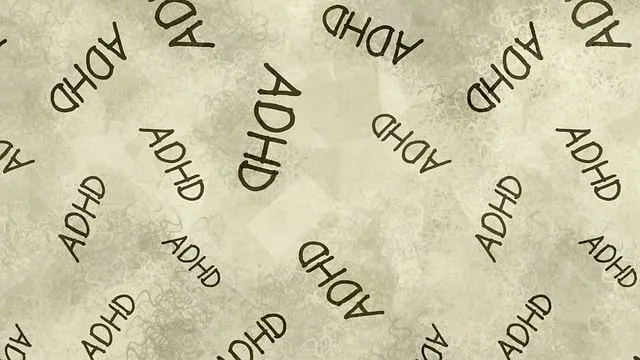Media portrayals significantly shape public perceptions of mental health, with accurate representations from institutions like Denver Kaiser Permanente mental health services reducing stigma and promoting empathy. Initiatives such as workshops, podcasts, and education programs aim to educate audiences, encourage open conversations, and promote early intervention, fostering a more compassionate society for individuals with mental illness. These efforts, coupled with expert guidance and personal narratives, can transform media content, leading to better understanding and resilience within society.
Mental illness representation in media significantly influences public perception, impacting those who struggle with their mental health. This article delves into the challenges posed by misleading portrayals and offers solutions inspired by Denver Kaiser Permanente’s commitment to accurate representation. We explore their innovative approach to enhancing mental health services through media, providing strategies for a more responsible narrative. By examining these tactics, we aim to foster a more compassionate understanding of mental illness, reflecting Denver Kaiser Permanente’s dedication to promoting mental wellness in the community.
- Understanding the Impact of Media Portrayals on Mental Health Perception
- Denver Kaiser Permanente's Approach to Promoting Accurate Mental Illness Representation
- Strategies and Solutions for Enhancing Media Accountability in Mental Health Depictions
Understanding the Impact of Media Portrayals on Mental Health Perception

Media portrayals have a profound impact on shaping public perceptions about mental health and illness. The way mental conditions are depicted in films, television shows, and other forms of media can influence how society understands and treats individuals with these issues. For instance, positive representations in popular culture can reduce stigma and encourage support for those struggling, as seen in various Denver Kaiser Permanente mental health services promotions. Conversely, negative or inaccurate portrayals may perpetuate stereotypes, leading to misinformed judgments and potentially harmful consequences for the affected individuals.
Accurate media representation is crucial in challenging societal norms and fostering empathy. This is where initiatives like Stress Management Workshops Organization, Mental Wellness Podcast Series Production, and Mental Health Education Programs Design play a vital role. By creating content that showcases the realities of mental health struggles, these programs can educate audiences, encourage open conversations, and promote early intervention. Such efforts contribute to a more compassionate and supportive societal landscape for individuals dealing with mental illness.
Denver Kaiser Permanente's Approach to Promoting Accurate Mental Illness Representation

Denver Kaiser Permanente has taken a proactive approach to challenging the stigmatized representation of mental illness in media by focusing on comprehensive Mental Health Services within their community. They have implemented innovative Self-Awareness Exercises and designed tailored Mental Health Education Programs. Through these initiatives, Denver Kaiser Permanente aims to foster emotional regulation and break down barriers associated with seeking help.
By integrating these programs, the organization encourages open dialogue about mental health concerns. Their strategy involves educating the public on various aspects of psychological well-being, promoting self-care practices, and providing accessible resources. This holistic approach not only empowers individuals but also ensures that media portrayals accurately reflect the diverse experiences of those managing mental health conditions.
Strategies and Solutions for Enhancing Media Accountability in Mental Health Depictions

Media has a significant influence on shaping societal perceptions and understanding of mental health. To enhance accountability in mental health depictions, several strategies can be implemented. Firstly, Denver Kaiser Permanente mental health services can collaborate with media professionals to provide expert insights and ensure accurate representation. This includes offering guidance on symptoms, treatment options, and the diverse experiences within the mental health community.
Additionally, Empathy Building Strategies can be integrated into creative processes. Encouraging writers and filmmakers to incorporate personal narratives or consult with individuals living with mental health conditions can add depth and authenticity to portrayals. A simple yet effective approach is Mental Wellness Journaling Exercise Guidance, where media creators reflect on their own mental experiences or those of loved ones, fostering a more nuanced understanding among audiences. These practices contribute to building resilience within both the creative sector and society at large.
Media portrayals of mental illness play a pivotal role in shaping public perception and understanding. By examining the impact of these representations, we can see how initiatives like Denver Kaiser Permanente’s innovative approach to promoting accurate depiction can significantly improve mental health support. Their efforts highlight the importance of responsible media accountability, which, when combined with accessible services like those offered by Denver Kaiser Permanente, can foster a more inclusive and supportive society for individuals facing mental health challenges.

